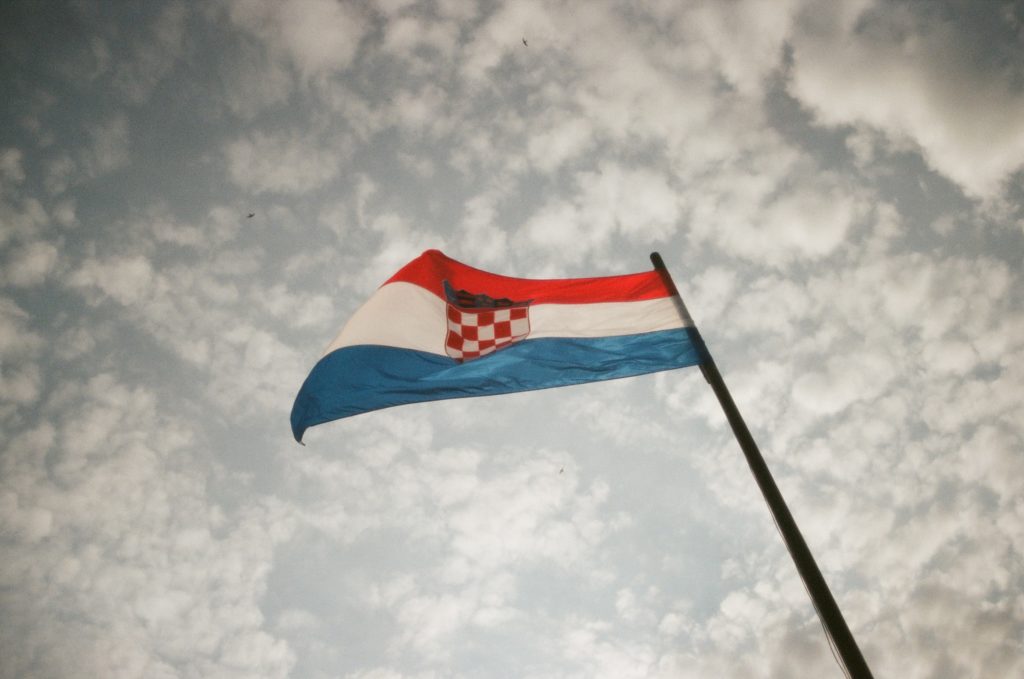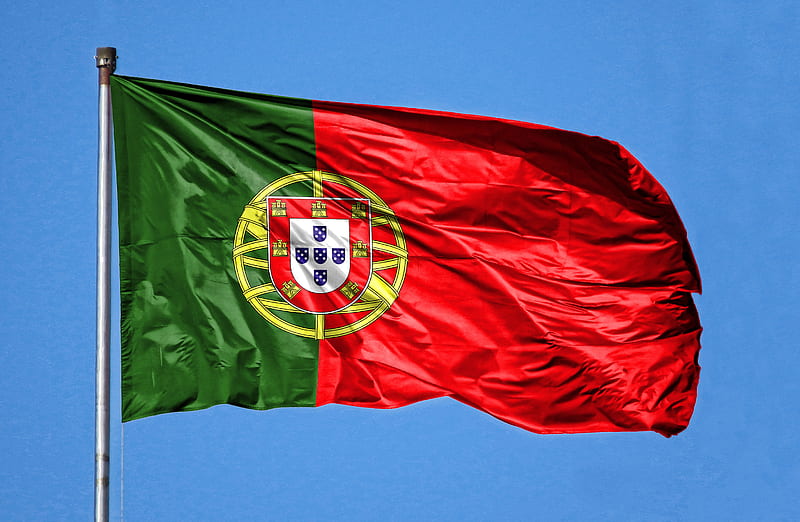The Republic of Croatia is a Baltic nation that borders Slovenia, Bosnia, Serbia, and Montenegro, which places Croatia at the crossroads of Southeastern and Central Europe. The Republic joined European Union (EU) in 2013, and since then has experienced a significant rise in its status, both economically and as a tourist destination.
Super attractive for retirees, digitally employed individuals, and general immigrants alike due to its culture, amount of sunshine, crystal clear beaches, deep and rich culture, safety and security, inexpensiveness, and a seemingly unending coastline. It’s no wonder then why Croatia is among the top-of-the-mind destinations for immigrants around the world.

Residency types and permits
Depending on the length and purpose of stay a person can obtain a visa that best suits his/her visit. Here we are focusing on permanent relocation hence will only explore ways in which a person can obtain permanent residence and/or citizenship in Croatia.
A stay in any EU state beyond 90 days is considered a long stay and hence subject to a long-term visa and a temporary residence permit. The said visa and permit, however, do not make the holder illegible to work. To be able to work or be employed in Croatia, a work permit is compulsory. The good thing is that you can apply for a work permit from within the country. All such applications are processed by the local police station, the results are not guaranteed though and you may have to leave Croatia and re-apply another time.
Documents required
Regardless of the type of visa you apply for, the following documents are generally necessary for all.
- Passport with at least 3 months of expiry left.
- Birth certificate.
- Recent photographs.
- Financial statement/bank statement.
- Health Insurance.
- Statement for purpose of visit and length of stay.
- In case of living under a guardian or traveling with minors, proof that both parties have consent.
Validity of residence/work permit and their renewals
The default validity of a residence and work permit is twelve months
(1 year). A work permit is deemed no good once the residence expires, the residence permit continues if the work permit expires. Hence a residence permit is renewable after one year and it is suggested that the renewing process shall be initiated at least 90 days before its expiry.
Every year the renewal process will be followed until you have completed five years; after which you may apply for permanent residency status. Note that once you register as a foreign resident you will be provided with an ID number. Akin to the national identity number, this number is important and used in many places as your primary identification.
Cities you may want to live in
The Republic of Croatia is constituted of 20 counties, which host 124 cities. Zagreb, the capital of the country is a county in itself and is home to Croatia’s largest expat community. Other cities such as Rijeka and Dalmatia are also popular among foreigners.
Zagreb
As stated earlier, Zagreb is the capital of the Republic and also the export hub of the country. The city sizzles with activities associated with any capital in the world. Diplomats, foreign attaches, high-end brands, cafes, bars, theaters, and bustling nightlife a common sights. The city is also famous for the University of Zagreb, a university built in 1669 by Emperor and King Leopold I.
Rijeka
Rijeka, situated between the Mediterranean Sea and the Slovenian border, is the 3rd largest city in Croatia. The city is well-known for its
the shipping industry, ports, and as a cultural center.
Dalmatia
Boasted as one of the most beautiful cities in Europe, the towns of Dubrovnik and Split are the city’s two crown jewels. Both towns are enlisted as the UNESCO World Heritage Sites. Cobblestoned streets, cafes, sunshine, colorful buntings, clear blue skies, clean beaches, transparent seas, and a polite crowd makes these towns a fairy tale.
Rents and rental spaces
Rental properties are hard to come by in less popular cities of Croatia. The rents are reasonable but the owners shy away from formal documentation. Which may lead to serious repercussions in case of a dispute. Hence you may be aware that though a non-formal accommodation may come cheap it comes with a perpetual worry.



